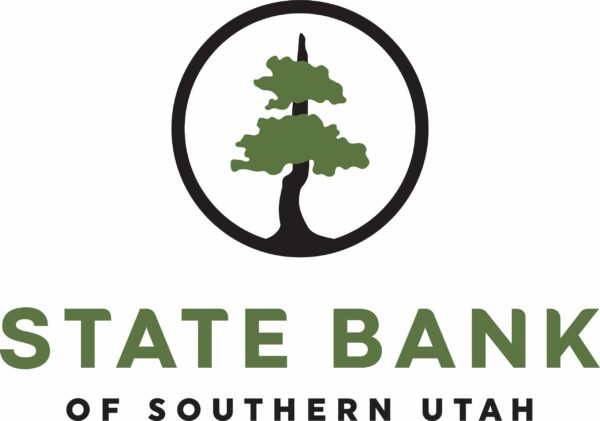Turn Your Vision Into Reality: How to Start and Grow a Business That Lasts
You’ve finally decided to make the leap. Whether you're quitting a job, graduating into entrepreneurship, or launching a side hustle into a real business, this guide walks through the foundational steps to get started — and strategies to build long-term traction.
Start with Clarity: Define the Dream, Then Ground It in Reality
Most business ideas begin with a spark — a passion, a problem you want to solve, or a skill you know people need. But before diving into operations, solidify your value proposition:
-
Who are you helping? Define your ideal customer.
-
What pain are you solving? Frame the problem clearly.
-
Why you? What gives you an edge or insight others lack?
Lay the Legal and Operational Foundation
Establishing your business legally isn't glamorous — but it's essential. Choose a business structure (LLC, sole proprietorship, etc.), register your name, and get any required permits or licenses.
You’ll also need to set up a basic operational stack:
-
Business bank account (e.g., Bluevine, Novo)
-
Digital bookkeeping software (like Wave or QuickBooks)
-
Scheduling and communication tools
-
Simple CRM or sales tracking platform
For entrepreneurs in specific industries (coaches, trades, e-commerce), local Small Business Development Centers (SBDCs) offer free 1:1 help.
Don’t Skip Contracts (Especially Early)
Securing your first few clients feels great — but don’t move too fast without protection. Contracts define expectations, clarify deliverables, and help prevent misunderstandings before they happen. At minimum, your contracts should outline the rights and responsibilities of each party, key dates or deadlines, and how either side can terminate the agreement. Free online resources like this how-to guide for creating contracts can help you build one quickly — this is worth a look if you're just starting out.
Focus on Visibility: Getting Found by Real Customers
No business grows without attention. Your early growth will likely come from:
-
Word-of-mouth referrals
-
Local community participation (events, meetups, chamber directories)
-
Social proof (testimonials, case studies)
-
Online discoverability
For the latter, don’t rely on social media alone. Getting your business listed in local directories and on map packs is still essential for regional service providers. If you plan to scale nationally, consider a topic cluster strategy and long-tail SEO.
5 Steps to Build Momentum (Even on a Budget)
Here’s a concise execution checklist to get from idea to traction:
-
Validate the offer – Talk to 5–10 potential customers before launching.
-
Claim your digital real estate – Domain, email, social handles, Google Business Profile.
-
Build a starter site or landing page – Keep it simple, use testimonials and clear CTA.
-
Design an entry offer – A low-friction, paid way for people to work with you.
-
Launch to a small list – Reach out personally to contacts, community, or groups.
Tip: For local consultants, tradespeople, or creatives, a free scheduling tool and a contract upfront can speed up your onboarding dramatically.
Table: Choosing the Right Business Structure
|
Business Type |
Best For |
Pros |
Cons |
|
Sole Proprietorship |
Freelancers, solo creators |
Simple setup, low cost |
No liability protection |
|
LLC |
Most small business founders |
Limited liability, flexible taxes |
Moderate cost and admin |
|
S Corp |
Growing teams, multi-member |
Potential tax benefits |
Complex setup, more rules |
|
Nonprofit |
Mission-driven organizations |
Tax exemption options |
Strict compliance requirements |
For a more tailored breakdown, the IRS business structure comparison can be a helpful resource.
Frequently Asked Questions (FAQ)
What’s the first thing I should do before launching a business?
Talk to your target customers. Don’t skip early validation — it saves time, money, and misalignment.
Do I need a business plan to get started?
Not a full plan — but you do need clarity on who you serve, what you offer, and how you’ll get paid. A lean canvas or even a Notion template can suffice early on.
How do I choose between an LLC and a sole proprietorship?
It depends on liability and tax needs. LLCs offer more protection but have more requirements. If unsure, this IRS page can help you compare.
How can I stand out online?
Answer questions your buyers are already asking. Use Google’s "People Also Ask," or tools like Answer the Public to discover those questions — then answer them better than competitors.
What are low-cost ways to market myself?
Start with testimonials, join niche forums, contribute to relevant subreddits, and repurpose wins into case studies or short videos. Then expand into placements or partnerships on relevant platforms (many chamber-published stories accept guest content from business owners).
Dream Big, Execute Small, and Stay Visible
Your dream business doesn’t start with a website. It starts with solving a real problem for someone — and doing it in a way that’s visible, structured, and scalable. Focus on clarity, contracts, and connection. Use smart tools. Show up consistently.
Join the St. George Chamber of Commerce today and connect with Southern Utah’s largest network of business leaders, gaining access to invaluable resources and opportunities to elevate your business and community!
This Hot Deal is promoted by St. George Area Chamber of Commerce.




























